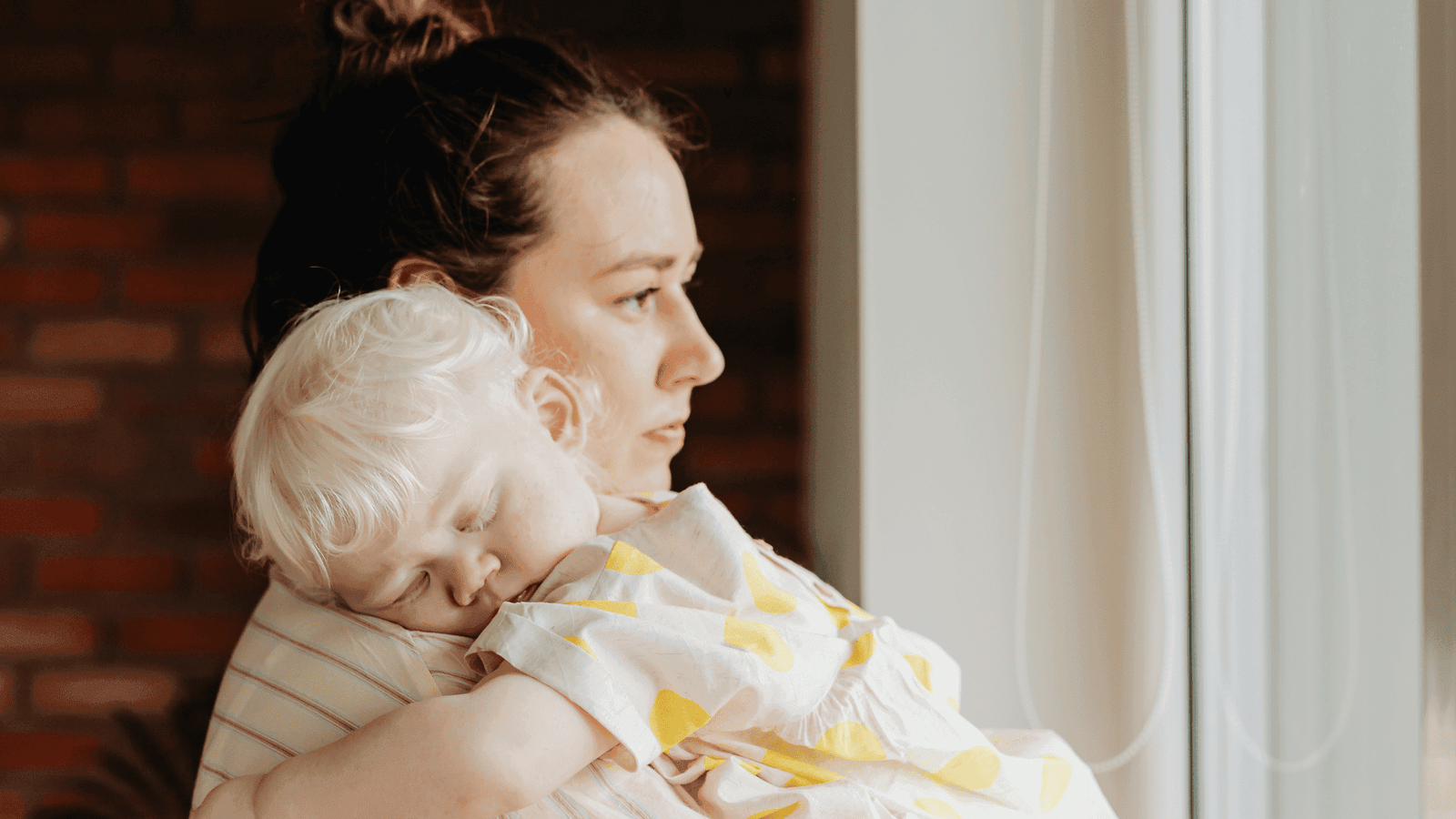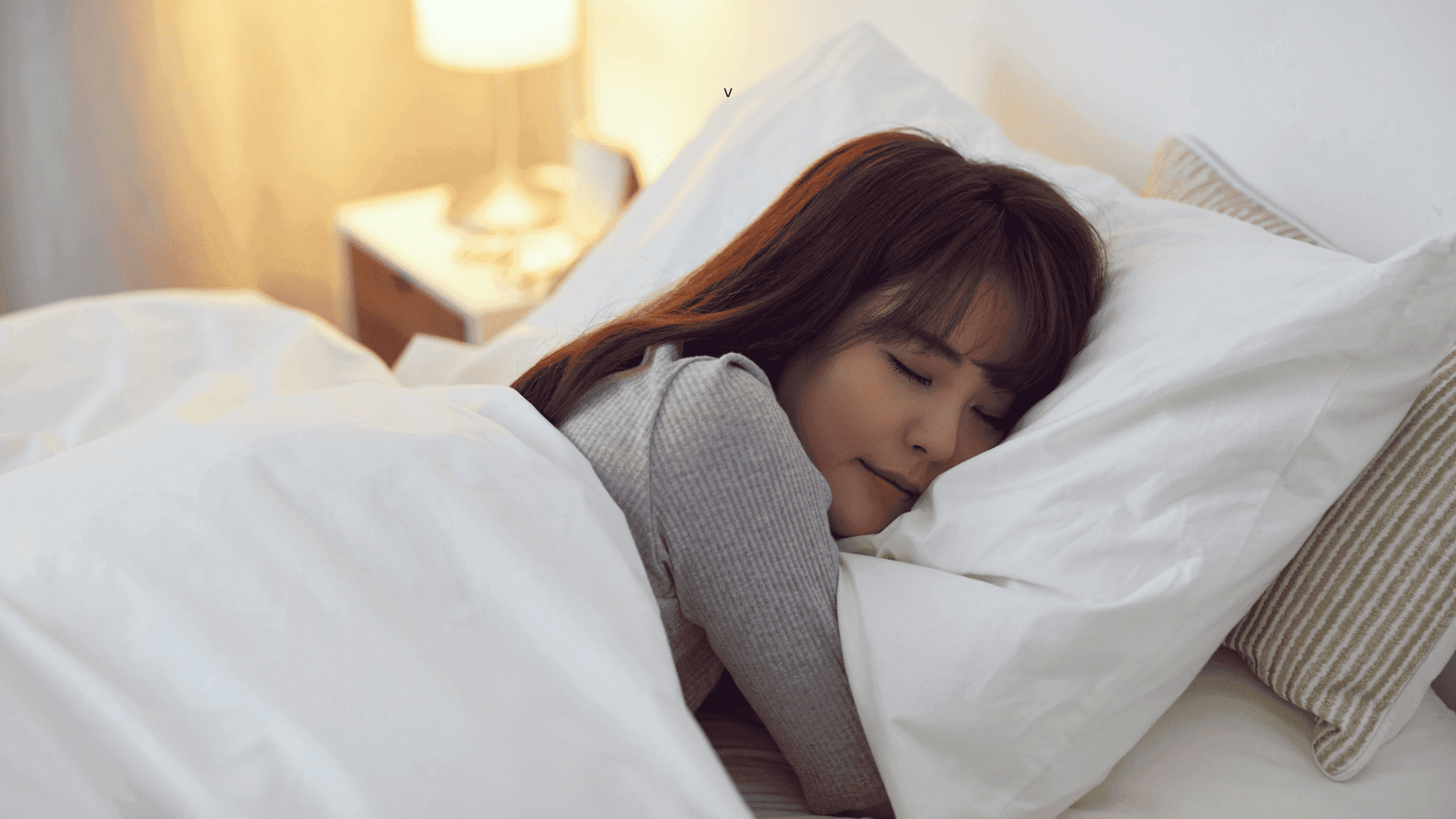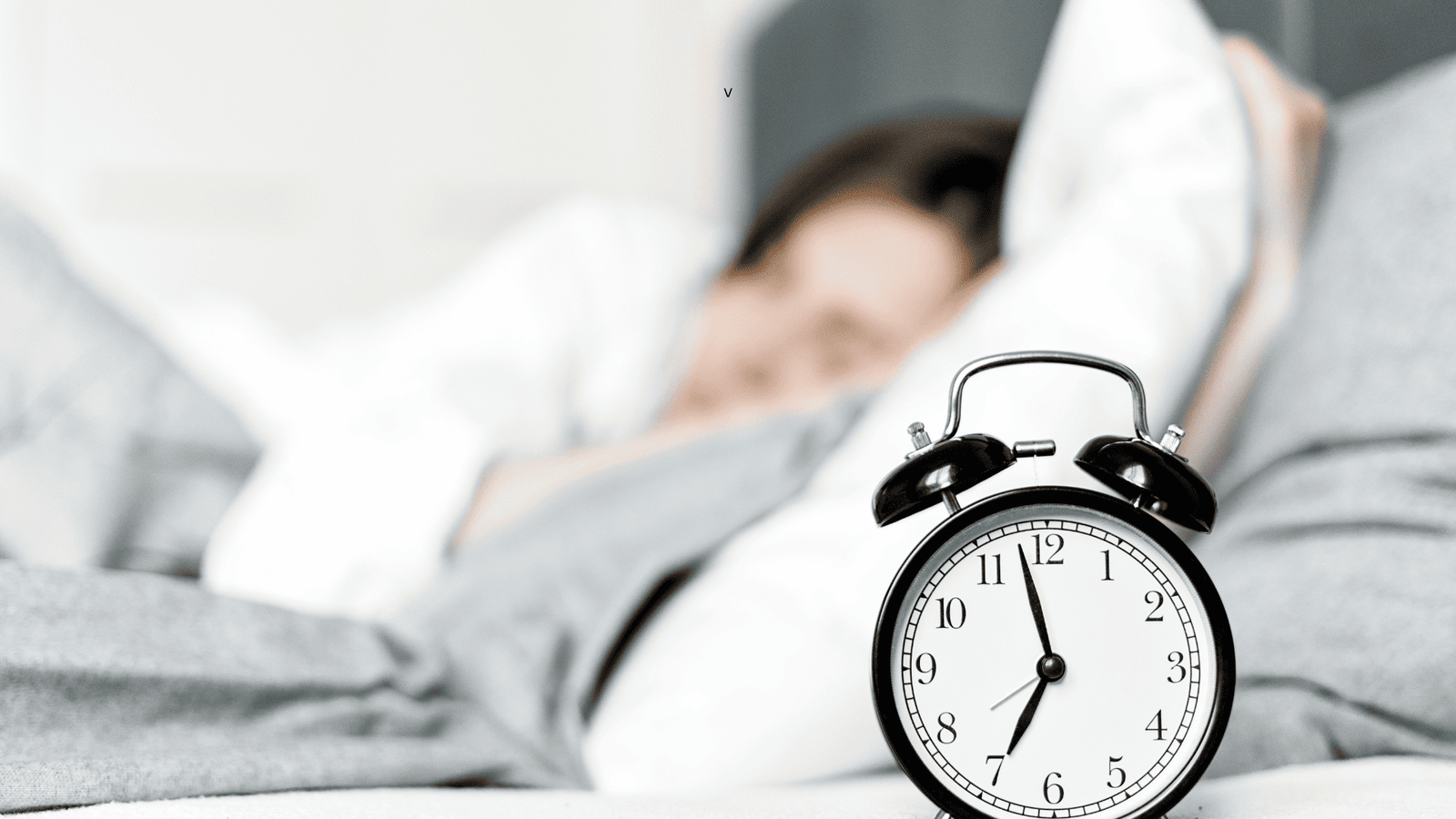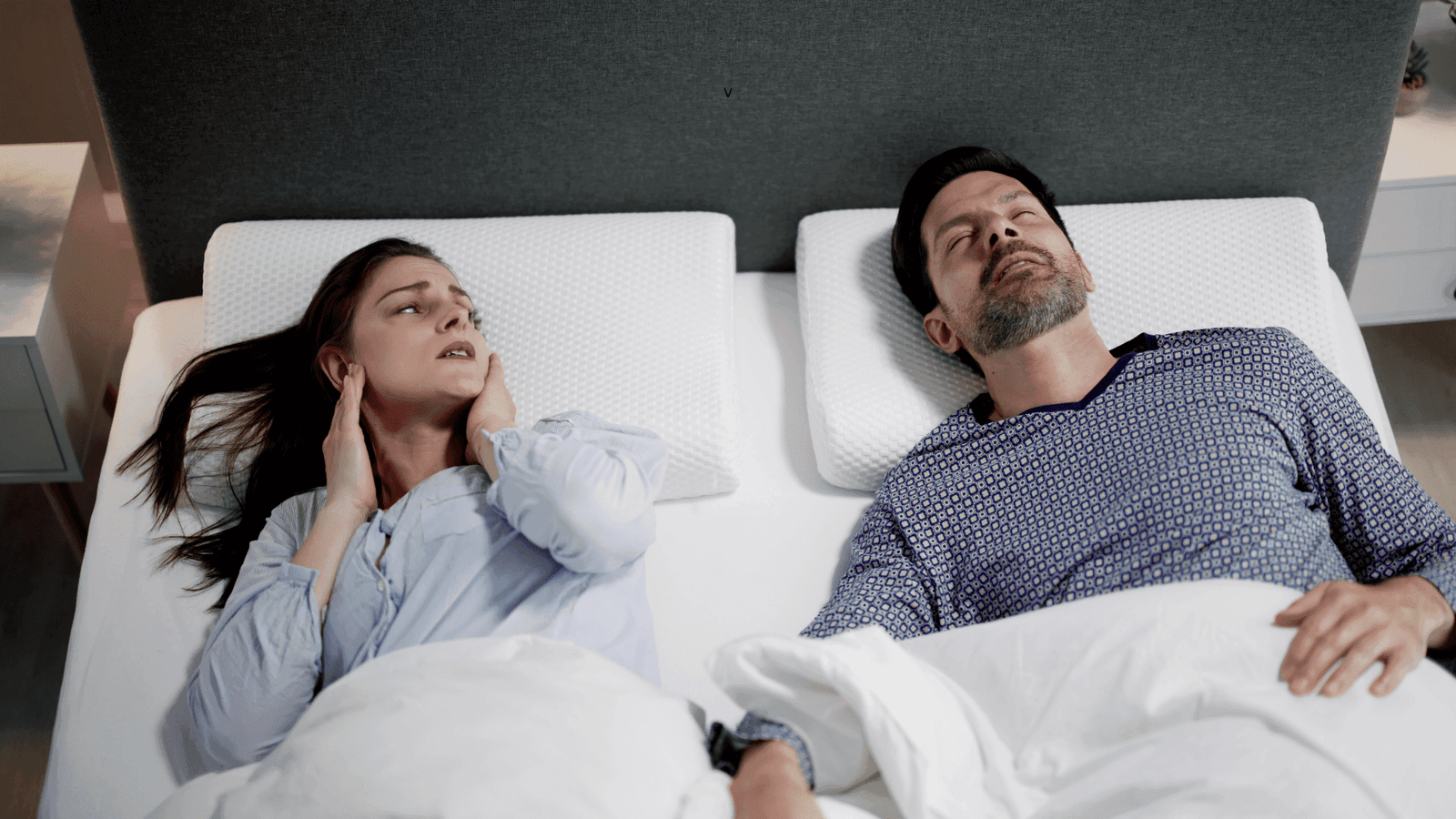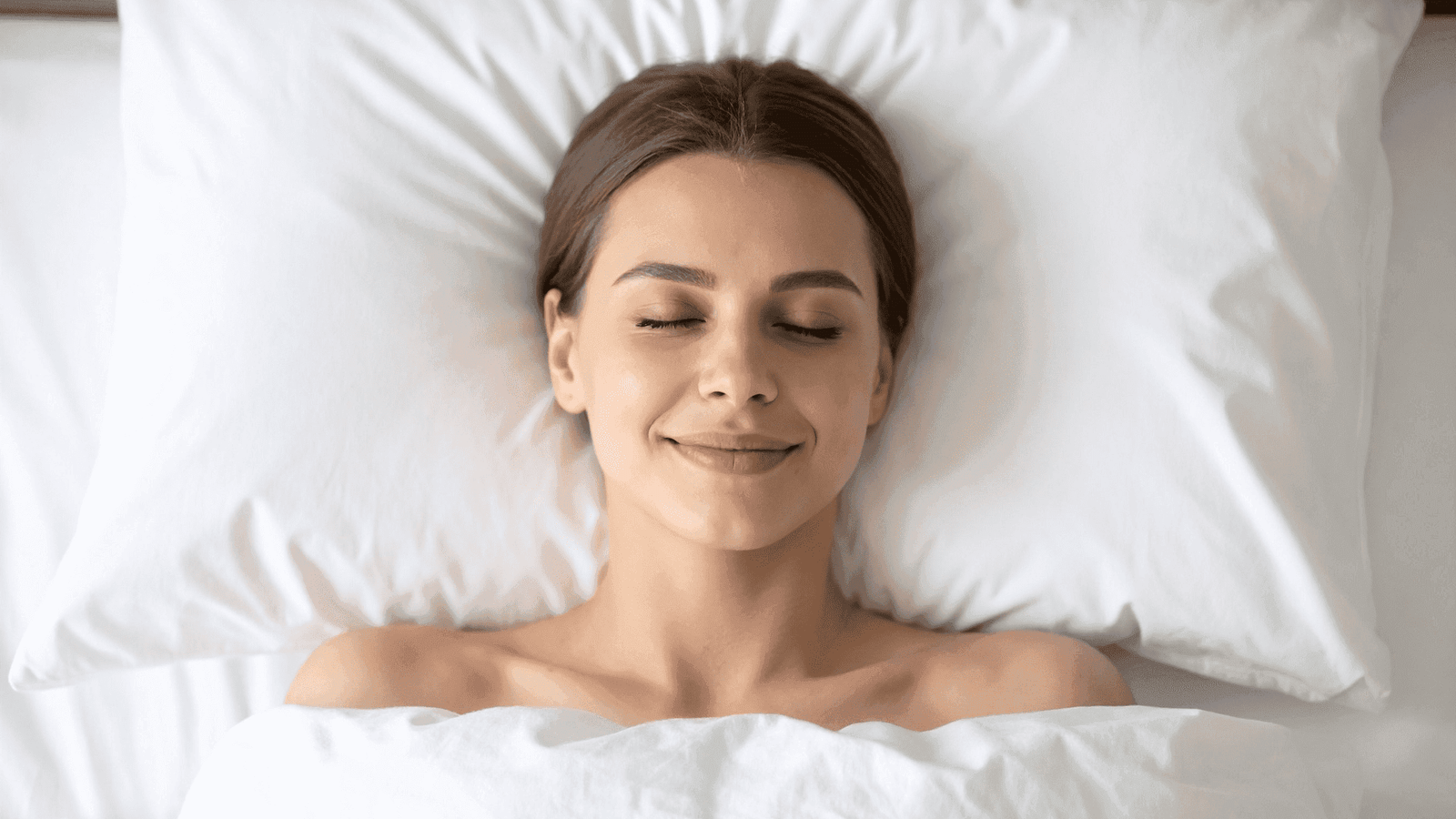Sleep apnea, a condition marked by repeated interruptions in breathing during sleep, affects millions of people worldwide. While Continuous Positive Airway Pressure (CPAP) machines and other medical devices are common treatments, many health-conscious individuals are exploring non-invasive alternatives. The good news is that lifestyle changes reduce sleep apnea symptoms significantly—especially in mild to moderate cases.
For those in the early stages or seeking a holistic approach, adapting daily habits can lead to substantial improvements in sleep quality, energy levels, and overall health. In this article, we’ll explore seven science-backed lifestyle modifications that may help minimize the severity of sleep apnea without relying on devices.
If you’re exploring natural paths to better sleep and wellness, consider consulting a specialist for guidance. For professional, personalized support, explore the Dr. Gobran Sleep Apnea Center—a trusted resource for integrative sleep health.
1. Achieve and Maintain a Healthy Weight
One of the most impactful lifestyle changes to reduce sleep apnea is weight loss. Excess body weight, particularly around the neck and upper airway, increases the likelihood of airway obstruction during sleep. Fat deposits in these areas can narrow the airway, making it more prone to collapse.
According to studies, even a 10% reduction in body weight can lead to a noticeable improvement in obstructive sleep apnea (OSA) severity. A balanced diet combined with a sustainable exercise plan is essential. Focus on whole foods, lean proteins, fiber-rich vegetables, and reduced sugar intake.
Weight management not only supports better breathing but also lowers the risk of associated conditions such as hypertension, type 2 diabetes, and cardiovascular disease—all of which are commonly linked to sleep apnea.
2. Incorporate Regular Physical Activity
In addition to supporting weight loss, exercise independently contributes to better sleep quality and reduced apnea episodes. Aerobic workouts, strength training, and breathing exercises like yoga help tone muscles and improve respiratory efficiency.
Research has shown that moderate-intensity aerobic activity—such as brisk walking, cycling, or swimming—done for at least 150 minutes per week, can reduce the severity of sleep apnea, even if significant weight loss is not achieved.
Physical activity also enhances lung capacity and strengthens the diaphragm, which plays a crucial role in breathing regulation during sleep.
3. Avoid Alcohol and Sedatives
Alcohol avoidance is another critical lifestyle change that can minimize sleep apnea symptoms. Alcohol acts as a muscle relaxant, which can cause the muscles in the throat and tongue to become too relaxed during sleep. This can lead to increased airway obstruction and more frequent apnea episodes.
Sedatives, including some prescription sleep aids and anti-anxiety medications, have similar effects. They can suppress the body’s natural breathing responses and decrease the arousal response that typically helps a person wake and reopen their airway during an apnea event.
Limiting or avoiding these substances—especially in the evening hours—is essential for anyone looking to improve their sleep apnea without the aid of mechanical devices.
4. Optimize Your Sleep Position
Your sleep position can have a significant effect on airway patency. Sleeping on your back (the supine position) can cause the tongue and soft tissues to fall backward, narrowing the airway. In contrast, sleeping on your side can reduce this collapse and improve airflow.
Positional therapy—training yourself to sleep in a side-lying position—is a non-invasive and highly effective strategy for many people with positional sleep apnea. Specialized pillows and wearable devices can help support this habit change.
It’s worth experimenting with your pillow height and mattress firmness as well. Keeping your head slightly elevated can also reduce airway resistance during sleep.
5. Establish Consistent Sleep Hygiene Practices
Good sleep hygiene plays a pivotal role in managing and reducing the impact of sleep apnea. It involves habits and environmental factors that promote high-quality, restful sleep.
Here are some hygiene tips that make a difference:
Keep a consistent sleep schedule: Go to bed and wake up at the same time daily, even on weekends.
Create a sleep-conducive environment: Reduce light and noise, and keep your bedroom cool and comfortable.
Limit screen exposure before bed: Blue light from devices can disrupt melatonin production and delay sleep onset.
Avoid heavy meals before bedtime: Digestive activity can interfere with breathing and sleep quality.
Incorporate a relaxing bedtime routine: Meditation, reading, or light stretching can ease you into sleep.
Implementing these small but consistent changes creates an environment where restorative sleep is more attainable—even for those struggling with mild apnea.
6. Quit Smoking
Smoking inflames the upper airway, increases mucus production, and contributes to swelling—all of which can worsen sleep apnea symptoms. Chronic smokers are more likely to develop obstructive sleep apnea due to the long-term effects of airway irritation.
Quitting smoking not only helps the airway remain clear during sleep but also improves lung function and overall cardiovascular health. These benefits extend beyond sleep apnea and significantly enhance general well-being.
If you’re finding it difficult to quit, support from a professional program or counselor can greatly increase your chances of success. Explore sleep apnea services that support lifestyle change to find additional resources tailored to your needs.
7. Consider Holistic Breathing and Wellness Therapies
Incorporating holistic breathing techniques—such as Buteyko breathing or pranayama yoga—can support improved oxygen regulation and nasal breathing during sleep. Mouth breathing, particularly at night, is often linked to more severe apnea symptoms.
Therapies that promote nasal breathing and diaphragmatic function help retrain the body’s natural sleep-breathing patterns. In some cases, allergy management and nasal decongestion strategies may be necessary to enable consistent nasal breathing.
Moreover, working with a sleep wellness coach or integrative health practitioner can guide you through these non-device strategies effectively. For personalized guidance or to explore custom solutions, reach out via the contact page for expert support.
Final Thoughts
Making lifestyle changes to reduce sleep apnea symptoms is not only possible but can be profoundly effective for many individuals. From weight management and exercise to avoiding alcohol and optimizing sleep hygiene, each of these habits contributes to better sleep and overall health.
These holistic adjustments empower people to take control of their well-being without immediately resorting to mechanical interventions. Whether used alone or as a supplement to medical treatment, lifestyle-based strategies can offer long-term benefits and may even reduce the need for device-based therapies over time.
Remember, everyone’s journey is unique, and the best results often come from a personalized approach. Partnering with a sleep health professional can accelerate your progress and ensure your efforts align with your health goals.
Take the first step toward healthier sleep and a revitalized life—explore your options with trusted professionals at Dr. Gobran Sleep Apnea Center.
FAQs :
Can lifestyle changes cure sleep apnea?
Lifestyle changes can significantly reduce the severity of sleep apnea, especially in mild to moderate cases. However, they may not completely “cure” the condition in all individuals. Professional evaluation is essential to determine the best course of action.
How long does it take to see improvement with lifestyle changes?
Improvements can vary depending on the changes made and the individual. Weight loss and regular exercise may take several weeks or months to show noticeable benefits, while sleep position adjustments and alcohol avoidance may yield quicker results.
Is CPAP still necessary if I make these changes?
CPAP or other treatments may still be necessary in moderate to severe cases. However, lifestyle changes can enhance the effectiveness of CPAP or reduce the pressure required, making the experience more comfortable.
Does weight loss help everyone with sleep apnea?
Weight loss tends to be most effective in individuals with obesity-related obstructive sleep apnea. Even a modest reduction in weight can lead to significant symptom improvement.
Are there any risks in relying solely on lifestyle changes?
Yes. If sleep apnea is severe, delaying medical treatment in favor of lifestyle changes alone could increase health risks. It’s essential to monitor symptoms and consult a specialist regularly.


